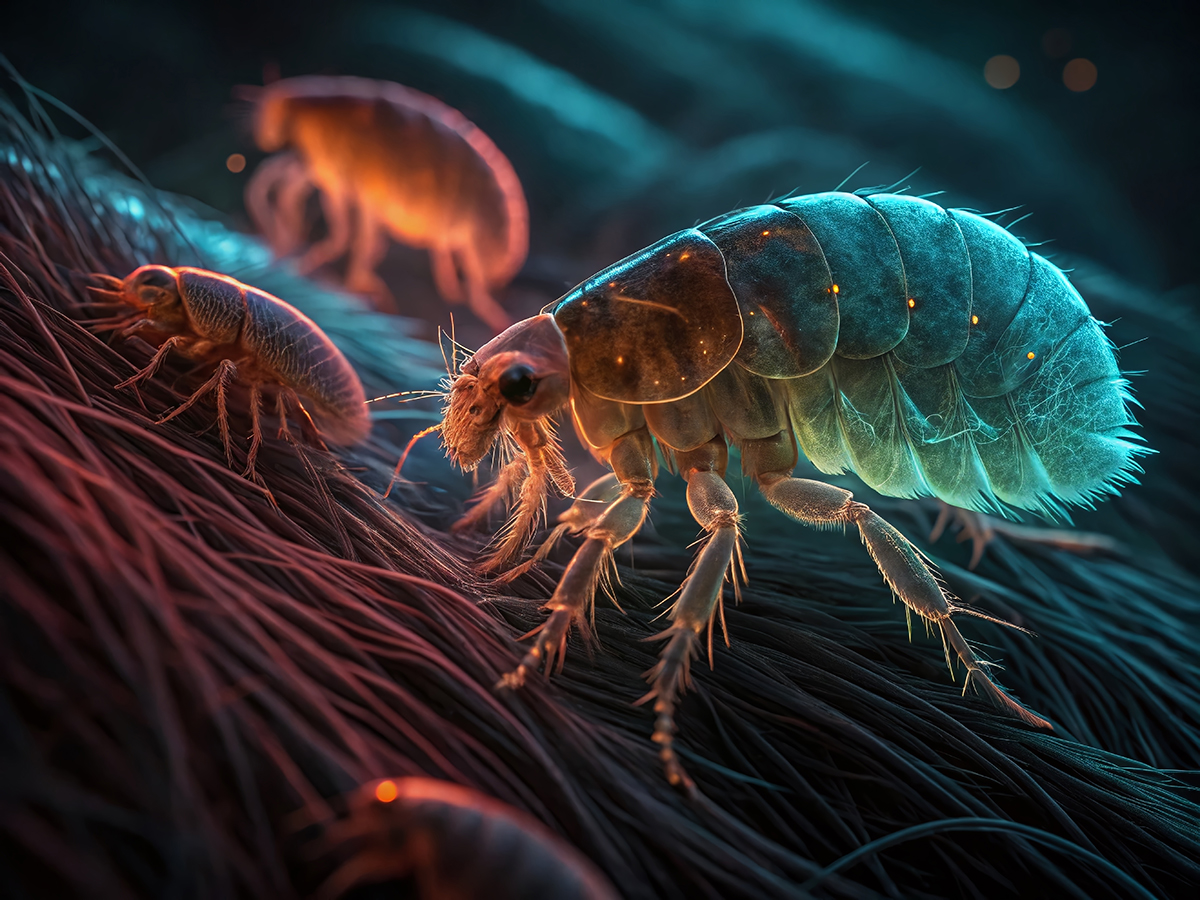 Macadamia nut poisoning in dogs have symptoms of vomiting, ataxia, weakness, tremors, fever, hypothermia, and depression. Some cases are mild and typically non-fatal, showing only a few symptoms, and resolve themselves within 48 hours. However, there are serious cases involving constant shaking, high fever, and an inability to walk. If you suspect your dog may have eaten even a small amount of macadamia nuts, consult Dr. Charles Whitworth at Whitworth Animal clinic right away.
Macadamia nut poisoning in dogs have symptoms of vomiting, ataxia, weakness, tremors, fever, hypothermia, and depression. Some cases are mild and typically non-fatal, showing only a few symptoms, and resolve themselves within 48 hours. However, there are serious cases involving constant shaking, high fever, and an inability to walk. If you suspect your dog may have eaten even a small amount of macadamia nuts, consult Dr. Charles Whitworth at Whitworth Animal clinic right away.
Veterinarians and researches have not identified why these nuts are particularly harmful to dogs but these nuts are considered one of the top human foods to avoid giving to dogs.
Other Human Foods to Avoid Giving to Dogs:
- XYlitol – a sweeter found in candy, gum, and baked goods
- Avocado
- Alcohol
- Onions & Garlic
- Caffeine & Chocolate
- Grapes & Raisins
- Citrus Fruits
- Coconut or Coconut Oil
- Raw Meat & Raw Eggs
- Milk & Dairy
- Bacon – Can lead to pancreatitis in dogs
- White Bread – Schnauzers are particularly vulnerable to the ill effects of white bread
- Raw Dough – If it is ingested by your dog it will continue to rise causing extreme pain and potential blockages in the intestinal track.
- Plants & bulbs – sago palm, oleander, azalea, and spring bulbs
Prevention of Macadamia Nut Poisoning in Dogs As Well as Other Human Foods
If you Suspect Your Dogs Has Been Poisoned
First, try to determine what substance is responsible. Read the product’s label for the list of ingredients and for any instructions on accidental ingestion.
Observe your dog’s symptoms carefully. If he’s vomiting or has diarrhea, you may want to take samples to the vet to help with diagnosis. The treatment will vary according to the poison, and whether it has been ingested, inhaled or absorbed through the skin.
Remember, if you ever suspect your dog is suffering from poisoning, call your emergency veterinarian right away. You can also call the 24 hour ASPCA Animal Poison Control Center at 888-426-4435 or the Pet Poison Hotline at 855-764-7661. You may be charged for these services, but if your dog’s life is on the line, it’s worth it.







Leave A Comment